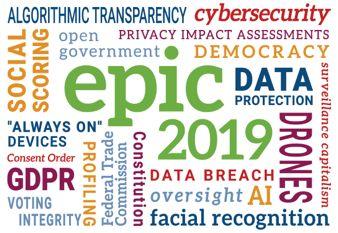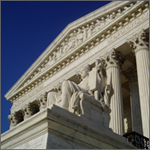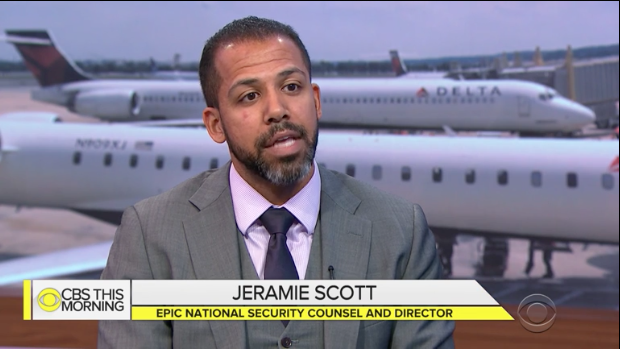EPIC joined 16 organizations in support of a “A Framework for Privacy Protection in the United States." The consumer groups outlined a new approach to privacy protection: (1) enact baseline federal legislation; (2) enforce fair information practices; (3) establish a data protection agency; (4) ensure robust enforcement; (5) establish algorithmic governance; (6) prohibit “take it or leave it” terms; (7) promote privacy innovation; and (8) limit government access to personal data. The consumer framework states that the Federal Trade Commission has failed to enforce the orders it has established. "The US needs a federal agency focused on privacy protection, compliance with data protection obligations, and emerging privacy challenges.” [Press Release]
During the nomination hearing for the next Attorney General, Senator Leahy asked Mr. Barr whether the Supreme Court's recent decision in the Carpenter case affected his views on privacy. "You had said that a person has no Fourth Amendment right to these records left in the hands of third parties—the third-party doctrine—which seems to be undercut by Carpenter," observed Senator Leahy. Barr responded, somewhat surprisingly, that he had "not read that decision" but "it may modify [his] views." Senator Leahy said he would expect an answer from the nominee to a written question. EPIC filed an amicus brief in Carpenter. The Supreme Court ruled that the Fourth Amendment protects location records stored by telephone companies.
A federal judge has ruled that the Secretary of Commerce's decision to add the citizenship question to 2020 Census was unlawful. EPIC filed an amicus brief in the case, arguing that "history has shown that personal data, collected by the government through the census, can threaten individual rights." EPIC has also sued the Department of Commerce (EPIC v. Commerce) because the agency failed to complete a Privacy Impact Assessment prior to collecting citizenship data. A 2004 EPIC FOIA lawsuit revealed that the Census Bureau provided DHS with data on Arab Americans after 9-11, leading the Census Bureau to revise its "sensitive data" policy for transfers to law enforcement and intelligence agencies.



















